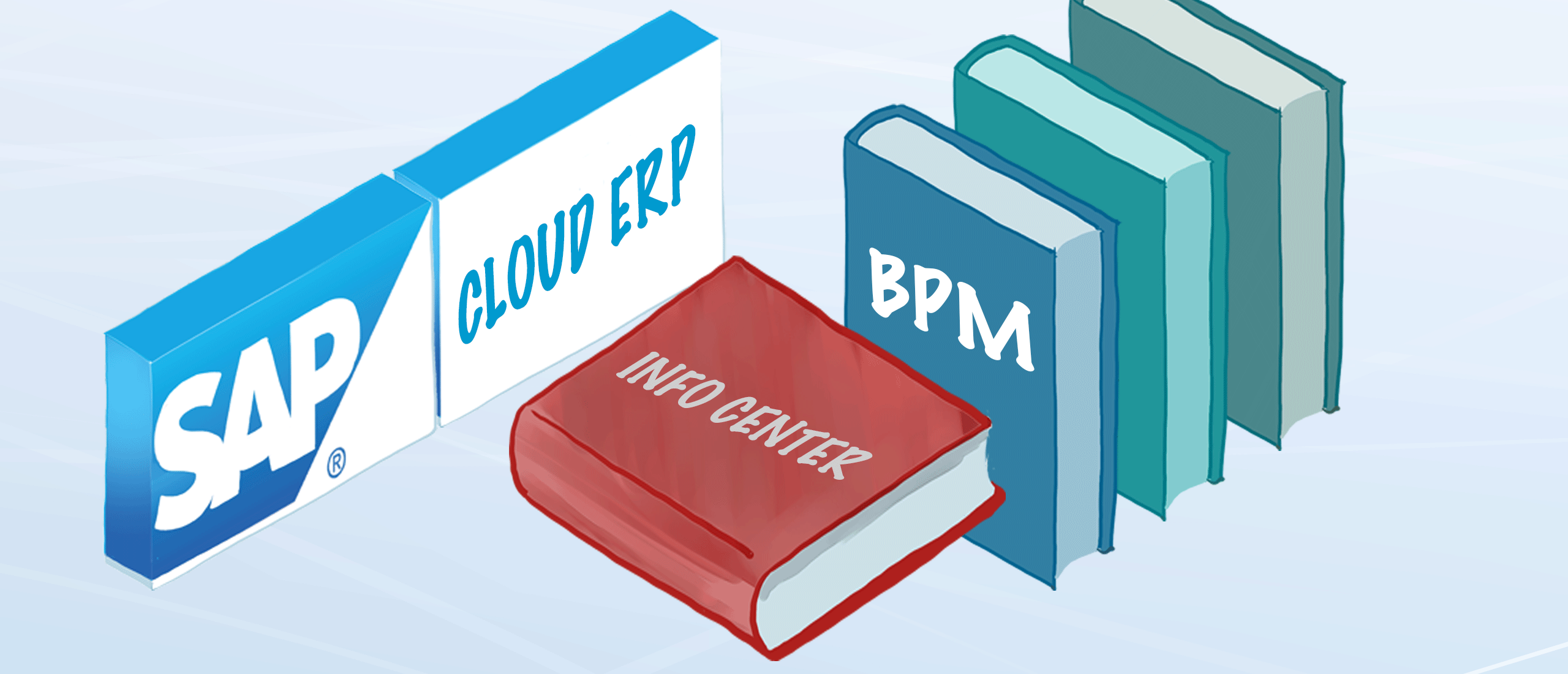
BPM | Industry 4.0 Impact to your Business Model
What does Industry 4.0 mean for your business model?
You will notice the impact of an Industry 4.0 on the business model as a result of the advance of digitization and the linking of materials and machines within the logistics chain. Industry 4.0 is going to change a lot for dealing with companies, suppliers, and customers.
Industry 4.0 is seen as the 4th revolution of the industrial age. Below are the revolutionary steps:
- Invention of the steam engine
- Deployment of the assembly line
- Automation of activities
- Use of internet within Industrial and business environments

This revolution with regard to Industry 4.0 starts again with processes in which the IT and the Business merge further. The Internet of Things (IoT) creates new information and communication technologies. The focus of Industry 4.0 was initially on factory automation. However, this digital transformation provides all kinds of new added value for processes and business models as well as for suppliers and customers.
Intelligent links of all things involved in processes (employees, materials, and machines) make it possible to share availability and real-time information for self-organizing dynamic logistics chain.Since 1980, Scheer has been engaged in the integration of planning and management processes, particularly in technical-oriented production tasks in the context of Computer Integrated Manufacturing. Production flexibility and the increasing individualization of products through Industry 4.0 has a major influence on production, logistics and sales strategy. Today, integration and the distant form of automation make it possible to combine customer-specific orders with mass production.
Processes deserve first attentionCompanies must have their processes and associated data fully in order before considering a further expansion of digital process automation. For this it is important to ensure that processes are clear, solid and lean. The organization must have clear details of both the business processes and the process behind master data management.Use of new technology all with added value
When deploying new technological developments, it is not only necessary to look at the added value for the organization. The current digital transformation must provide a win-win for the company, employees, suppliers, and customers.
This concerns both improved processes and insight into the whole.Factor time is becoming increasingly important for success
Ensure that your organizations can work out prototypes quickly and realistically based on the Industry 4.0 principles. Only a rapid implementation of the improved processes will ensure that the correct result is achieved.Become faster and more agile
Current developments within your market require continuous adjustments and changes to respond to the latest trends. This requires a clear insight into the current and future digital landscape of your organization and the ability to implement these transformation (s). Cloud solutions have the advantage that they respond quickly to these trends and that they can be deployed fully scalable to developments within your organizationData Security is the responsibility of the entire organization
The ever-increasing form of digital integration also implies more and more attention to the security of all data.
Data security is not only the responsibility of the IT department. It is very important to involve the entire management team in the design and impact of your organization's data security. In addition to the introduction of new integrations based on Industry 4.0, attention must be paid to data security with all stakeholders.Need for qualified skills
The digital transformation requires new skills from your employees in the design and implementation of Industry 4.0 solutions. This concerns the elaboration of the vision for the coming years with regard to the following:- Which products: sales versus services
- Which customer groups
- Against which margins
- Using which resources
Concepts such as Digital Transformation, Design Thinking, and other techniques must be used to work out the future revenue model.
Conclusion: For the deployment of Industry 4.0, it's not about working out a digital strategy, but about digitizing your business strategy. Success is not achieved by adding an App or a Site there. To stay ahead of the competition, you need to have insight into the value that your company creates for the customer within their digital world. Redefine your business as part of the personal value ecosystem of customers, suppliers and staff to achieve the right level of Digital Operational Excellence.
Support for digitizing the business strategy
Scheer Nederland helps organizations to define the future digital revenue model. The starting points here are the end-2-end processes and the way in which SAP Cloud solutions can be deployed. Support and insight are also given in setting up a digital roadmap for this transformation.
The impact on the business model by Industry 4.0:
- Extra possibilities through the use of Internet of Things
- Benefit for your customers
- Communication with suppliers
- Improved insight during implementation
